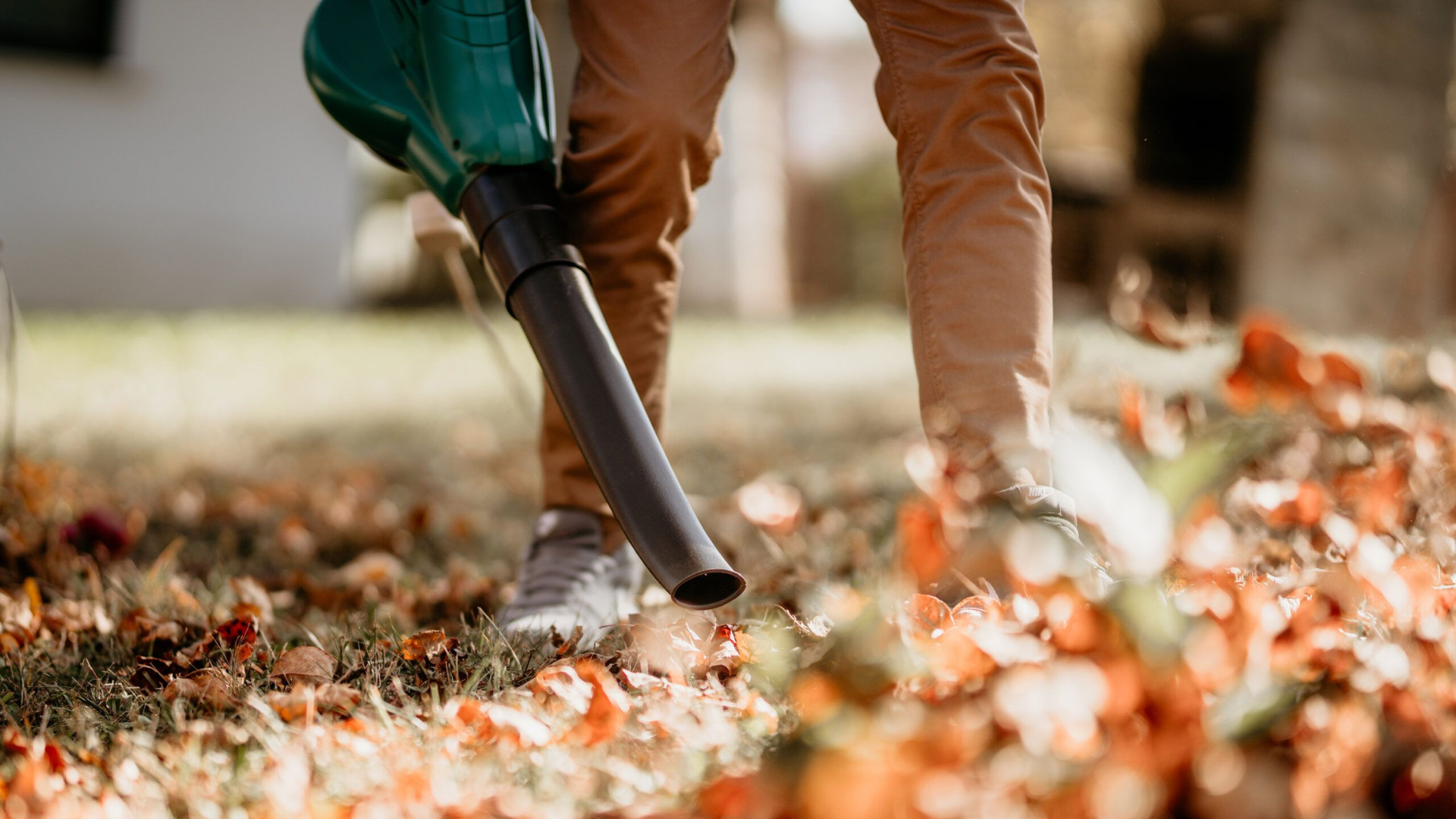Bosch garden expert reveals 5 resourceful tips for autumn gardening
Follow these expert-approved tips for looking after your garden during the colder months


As we head into the autumn months, a lot of things are set to change when it comes to our gardens. The sun is starting to hide a little bit more, temperatures will drop and the leaves will soon start falling. Whilst a lot of plants will start preparing to hibernate, there are still things we can be doing to make sure the transition is as seamless as possible. Another big difference will be related to our energy usage, and you should definitely check out our tips on how to save money on your energy, water and electricity bills if you want to find out more about this. As mentioned, temperatures will soon start to drop, meaning that keeping an eye on how much electricity we use is vital.
To help with this seasonal transition, we spoke to Bosch Home & Garden’s Digital Powertool Training Manager expert, Chris Murray. Chris shared five ways in which you can reduce your overall waste and energy consumption whilst continuing to nurture your garden in the best way possible.
Before we start, have a look at our guides to the best multi-tool, best cordless drill and best electric screwdriver if it's time to update your toolbox!
1. Improve energy efficiency by using cordless battery-powered tools
Investing in durable and energy-efficient battery-powered gardening tools can not only help you to streamline your garden work but also reduce your energy consumption. The latest cordless garden tools use lithium-ion batteries, which are lighter and more compact than traditional alternatives, allowing for a more lightweight and ergonomic design. Lithium-ion batteries also have a higher energy density, which allows them to hold more energy and deliver the same amount of power as a corded equivalent. This means you can cover a greater surface area in your garden without needing to be connected to a power source, resulting in a longer run time without interruption. An additional benefit of lithium-ion batteries is that they are also both rechargeable and interchangeable meaning that the same battery across a number of different tools.
"When investing in new cordless garden tools, a key energy-saving feature to look for is an optimum energy-to-performance ratio,’ says Chris.
2. Repurpose your grass cuttings as mulch after mowing your lawn
Reducing green waste and enhancing garden health can be done quickly and easily with the right tools. Saving your grass cuttings is an easy and cost-effective way of creating your own mulch. Mulch is also a great way to protect plant roots from extreme cold temperatures, perfect for preparing for colder days.
“Mulching is good for improving moisture retention, suppressing weeds and naturally fertilising the soil - making for greener lawns and more vibrant flowers."
Get all the latest news, reviews, deals and buying guides on gorgeous tech, home and active products from the T3 experts
However, it’s important to note that you shouldn’t use grass cuttings as mulch if you are using weed killer! Shorter and finer grass clippings are able to enter the root zone of the grass and break down much quicker. Therefore, it’s important to have a mower capable of producing finely chopped grass cuttings for the best mulching results.
3. Recycle organic waste by creating and maintaining an effective compost system
Similar to mulch, compost improves the structure and health of your soil, adding back valuable nutrients needed by plants, reducing the need for pesticides and fertilisers, and also reducing soil erosion. Creating a composting system is a simple and rewarding way to recycle waste. You can use waste such as wood chippings, leaves, grass cuttings or even kitchen scraps like fruit peels and vegetable trimmings. Using a garden shredder rather than letting your offcuts naturally decompose offers an efficient way of speeding up the process.
“By breaking down the outside structure of the material and making it into smaller pieces so that it is easier to compost, a shredder is a more efficient way of speeding up the composting procedure, reducing garden waste, and ultimately helping to create high-quality plant food,” Chris added.
Once you’ve created your compost, it is important to remember to turn it regularly to aerate and accelerate decomposition. Remember not to add meat, dairy, or pet waste because these tend to create odours and attract pests. With time and proper care, you'll have nutrient-rich compost to enrich your garden soil.
4. Conserve your rainwater to help your garden thrive during dry spells
Utilising rainwater is a game-changer for resourceful gardening. With unpredictable UK weather swinging between torrential rain and heat waves, even during autumn, storing rainwater is an eco-friendly and cost-effective way of storing rainwater for later use.
In addition to supporting garden health, collected rainwater can also be a useful way to support with other outdoor cleaning tasks by using it to fill the tank of a cordless pressure washer.
“Pressure washers are very economical and efficient with water – the power you get out of one means that you are often using less water than hose,” said Chris.
5. Repurpose materials commonly found at home and get creative with your upcycling projects
Upcycling projects can fun and rewarding – helping you to find a new lease of life for a variety of different materials, for example, old wooden crates, waste pallets or wood offcuts.
“Using existing waste materials is a fun way to craft unique and eco-friendly bird boxes, which not only contribute to waste reduction but can also promote biodiversity by offering shelter and nesting spaces for birds in the garden during the colder months”, Chris notes.
Read about these 8 cheap DIY garden projects that will transform your outdoor space for more ideas.

Lizzie is T3's Home Living Staff Writer, covering the latest in smart home, lifestyle and beauty tech. From skincare gadgets to vacuum cleaners, she's your go-to for trends and top recommendations.
When not writing, Lizzie enjoys mooching around Bath, spending time with loved ones, or testing her review units – often during an enthusiastic cleaning spree!